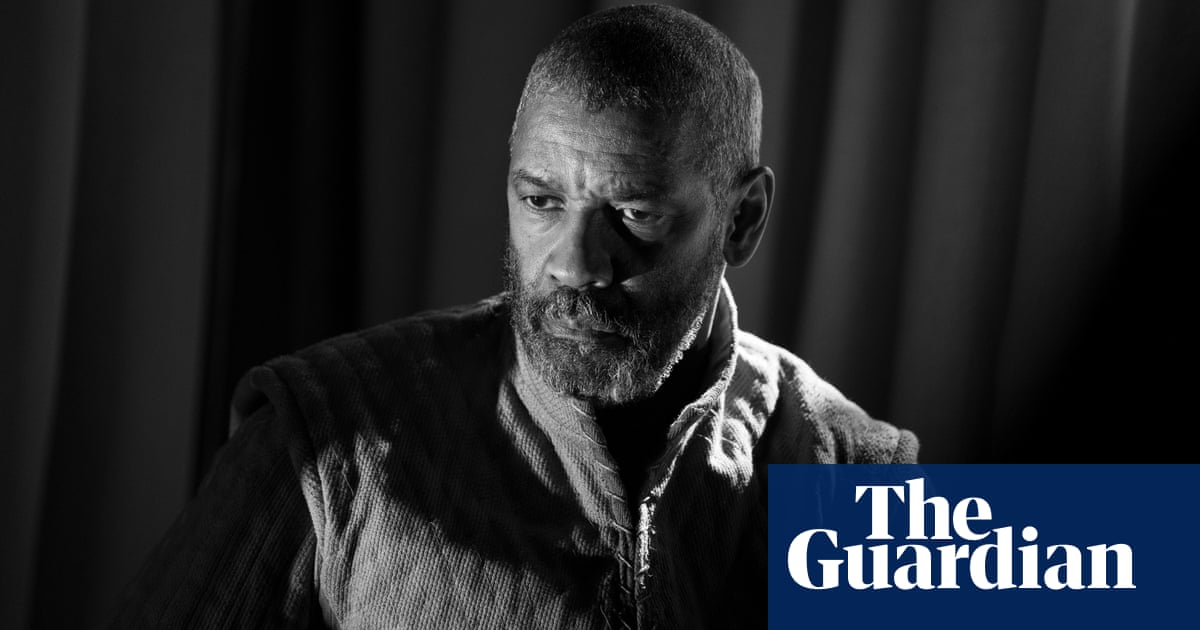
The choice to have actor Denzel Washington, who is black, portray the historical figure Hannibal, a Carthaginian general, in an upcoming Netflix movie has caused a minor yet contentious discussion in Tunisia, where Hannibal was born.
Following a similar debate in Egypt regarding race and representation surrounding a Netflix docudrama about Cleopatra, Tunisian media outlets, social media platforms, and even the government have been engaged in conversations about the complexion of the deceased ruler.
The French-language news organization La Presse in Tunisia released an article claiming that the casting was a “historical mistake”. On social media, some users accused Netflix of promoting “woke culture”. A petition with 1,300 signatures called on Netflix to cancel their “pseudo-documentary” and for the ministry of culture to intervene against the portrayal of their history.
Hannibal, who was born in Carthage near present-day Tunis, is widely recognized as one of the most exceptional military commanders in history. In 218 BC, he led his army, including African elephants, through a challenging mountain pass in the Alps to launch an attack on Rome from the north. For 15 years, he caused destruction and inflicted harm on the people, but he was unable to conquer Rome and was eventually pushed back to North Africa.
Hannibal’s ethnicity remains uncertain. Experts on the ancient Mediterranean region generally believe that he was of Phoenician origin, from the area now known as Lebanon and Syria. However, he lived in a time of widespread empires and cultural blending, making it difficult to definitively determine his background.
Recently, in Tunisia, the topic of race has gained attention due to the influx of sub-Saharan migrants into the country. In February, President Kais Saied faced accusations of creating a false threat when he claimed, without proof, that these migrants were part of a larger effort to make Tunisia, a predominantly Arab nation, solely African.
Following Netflix’s announcement of Washington’s involvement, Tunisian Member of Parliament Yassine Mami raised questions in parliament to Culture Minister Hayet Ketat Guermazi about the project.
Mami, who serves as the president of the committee on tourism, culture, and services, stated that the ministry must establish a stance on the matter. He emphasized the importance of protecting Tunisian identity and taking into account the feedback from civil society.
During the assembly, Guermazi stated that her ministry’s priority was to negotiate with Netflix for filming certain scenes of the movie in Tunisia.
According to Guermazi, the fact that Hannibal is a historical figure gives the creators of the fiction the right to portray him as they wish. Even though he is proud that Hannibal is Tunisian, there is nothing they can do to change the portrayal. For Guermazi, the important thing is that the film includes a sequence shot in Tunisia and acknowledges its role as a location for foreign films. This would help re-establish Tunisia as a desirable destination for international filmmaking.
In the beginning of this year, Adele James, an actor with a mixed background, was chosen by Netflix to play Cleopatra. This caused the Egyptian antiquities ministry to release a statement stating that the historical leader had pale skin and features influenced by Greek culture.
The streaming service Netflix and actor Denzel Washington, known for his portrayals of civil rights leader Malcolm X and Shakespeare’s Macbeth, have not given a statement on the matter.
Source: theguardian.com
















